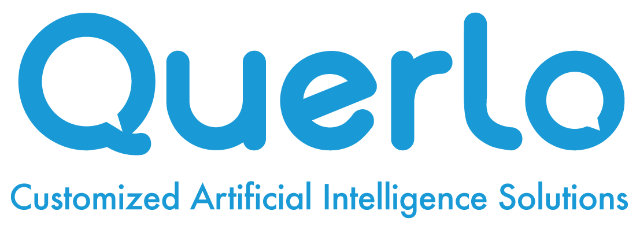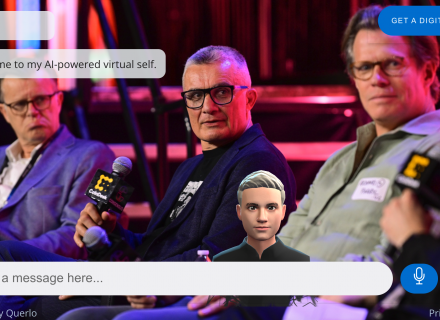As we slowly transition into the post-covid era, there has been a new and important focus on leadership, specifically on how to lead in this new reality we are entering. Recently, Francesco Rulli, Global CEO of Querlo, spoke with Leo Balestri, Talent Management Executive, about the challenges and opportunities in the post-covid era and the role of Artificial intelligence in the future.
Leo has worked in HR for the talent management field for the past 18 years. Two recent employers include Sutherland Global Services, a global digital transformation company, and Chubb, a property casualty insurer. His responsibilities included designing performance management processes, succeeding planning processes, and career and employee management. By tying talent processes into business strategy, Leo helps employees become more engaged and work harder for their company.
One area that companies have been putting a lot of focus into is leadership and the future. This includes how executives lead and how to lead in a world where people don’t have the hands-on control with their employees that they’ve had in the past. Many have struggled with employees working remotely, and it has been a challenge to get them to feel comfortable evaluating and making decisions. However, Leo also described this challenge as an opportunity to teach leaders how to move “beyond an anecdotal approach to evaluating talent.” Leaders can leverage new tools that might be more statistically significant and have less casual bias.
In addition, there is a larger focus on who is leading. Covid has had a disproportionate impact on minority communities, so it has been a challenge for companies to ensure they are not depleting such communities from their organization. In the future, Leo hopes that leaders are coming out of this crisis thinking of ways to diversify their leadership and talent portfolio so when the next crisis comes, they have a wider range of voices and are able to respond more effectively.
AI has had a big impact on talent management in the past five to seven years. Leo sees three stages of how AI is going to continue transforming the management space. The first, which we are in now, is related to how companies are using AI to save money and help employees find answers quicker. This has advantages for employees because they are receiving those solutions in a more effective manner and for the company because they don’t need as many people in an automated call center. The second stage is more assertive where instead of passively waiting for the employee to come to the organization, AI will be used to reach out to employees to discuss any issues they have or to elevate their performance. The third stage involves having AI use the data being collected to come up with recommendations to drive the talent strategy. This will help with long-term planning in companies because looking at the employee and manager feedback, companies can identify their top managers.
To hear more from Leo, you can connect with him through LinkedIn.




